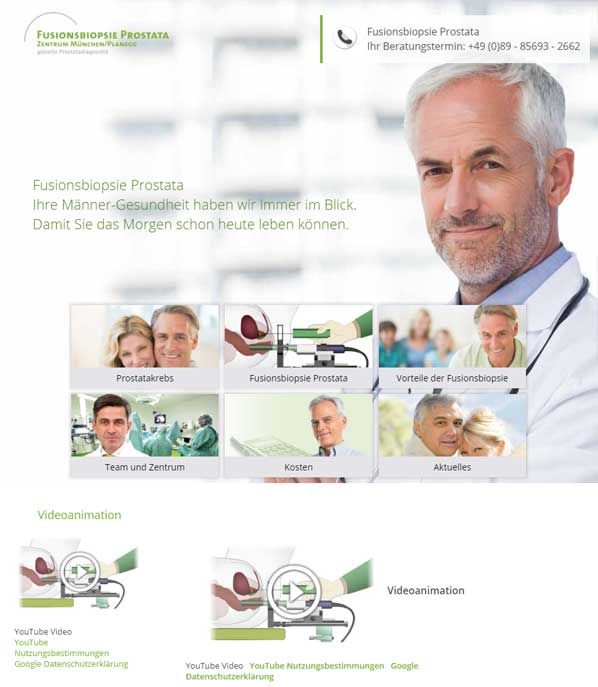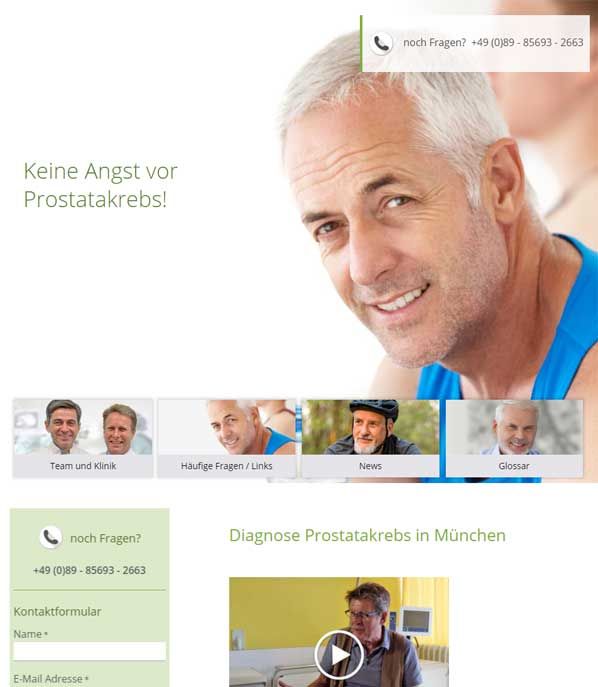Inflammation of the testicles (orchitis) and epididymis (epididymitis)
Inflammation of the epididymis (epididymitis)
Epididymitis is acute or chronic inflammation of the epididymis. Epididymitis is usually caused by the same microorganisms that cause urinary tract infections (gut bacteria). More rarely, the condition can be caused by a virus, yeast or parasite or caused by other, non-infectious factors, such as medication, an autoimmune reaction or an accident. If the symptoms last for more than 6 weeks, this is known as chronic epididymitis. Typical symptoms include pain in the testicle or scrotum, accompanied by swelling, redness and, in some cases, fever. There may also be symptoms similar to cystitis or urethritis, but these are not always present.
As well as a physical examination, the doctor will also test the patient’s urine, though it is common for no microorganisms to be found in the urine. Inflammatory cells (leukocytes) will be found on a urine sediment test. Blood tests will often show an increase in inflammatory markers. If a sexually transmitted disease is suspected, a urethral swab should be taken as for acute urethritis. An ultrasound examination should always be performed. This usually shows a much enlarged epididymis, and often an accumulation of fluid between the two sheaths that surround each testicle (hydrocele). There is also a significant increase in blood flow in the testicle and epididymis (hyperperfusion). The doctor also needs to rule out the possibility of an abscess. If there is any suspicion of testicular torsion (where the testicle is twisted) or testicular cancer, the testicle should be investigated surgically. In the case of testicular torsion, long-term consequences are likely unless treatment is commenced very rapidly.
Epididymitis is mainly treated using antibiotics. Symptoms can also be treated with bed rest, by elevating the testicle and by taking anti-inflammatory drugs. If the patient is in severe pain, this can be treated by injecting a local anaesthetic into the spermatic cord. Occasionally, a patient will need to be admitted to hospital for treatment with infusion therapy (a drip) and intravenous antibiotics. If antibiotics are given too late or if antibiotic treatment is unsuccessful, it may be necessary to remove the testicle surgically.
Once acute epididymitis has been resolved, urological tests should be carried out to rule out the possibility that it was caused by a disorder of bladder emptying.
Inflammation of the testicle (orchitis)
In severe cases of epididymitis, the infection can spread to the testicle. This is known as epididymo-orchitis.
Inflammation or infection of the testicle only is rare, and here in Germany is usually the result of a viral infection. The most common cause is mumps in people who have not been vaccinated against the disease or in whom vaccination has failed. The mumps virus primarily affects the parotid glands, causing the characteristic swelling in the side of the face under the ears. In boys and men, the testicles are also affected in 20–25% of cases. This can lead to fertility problems (including infertility) in 10–15% of cases.







